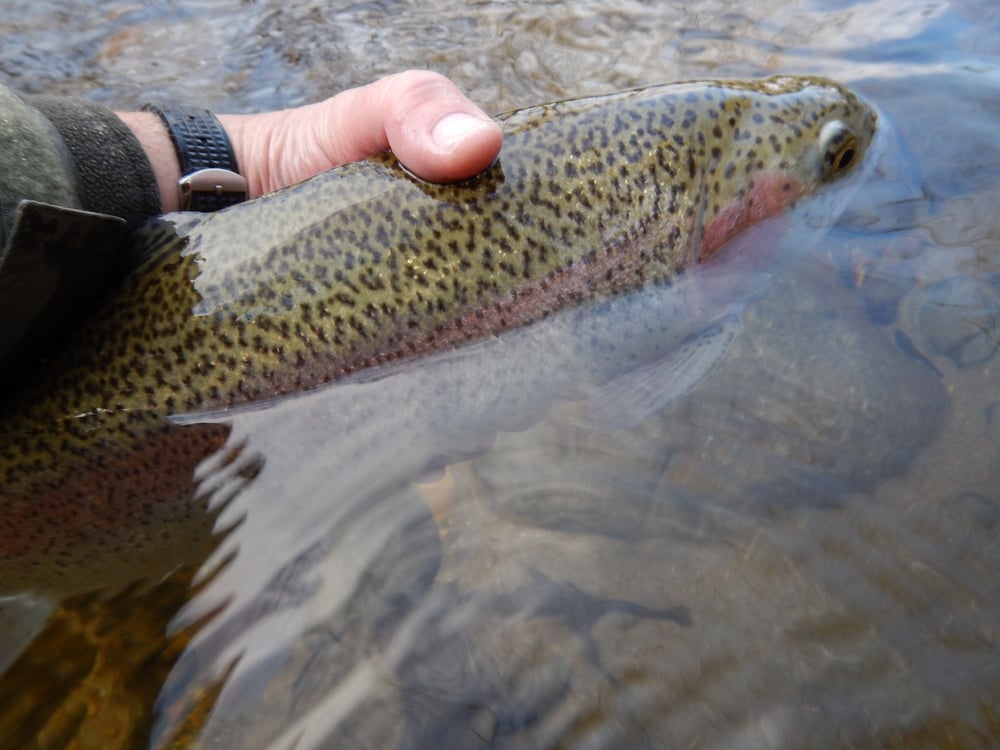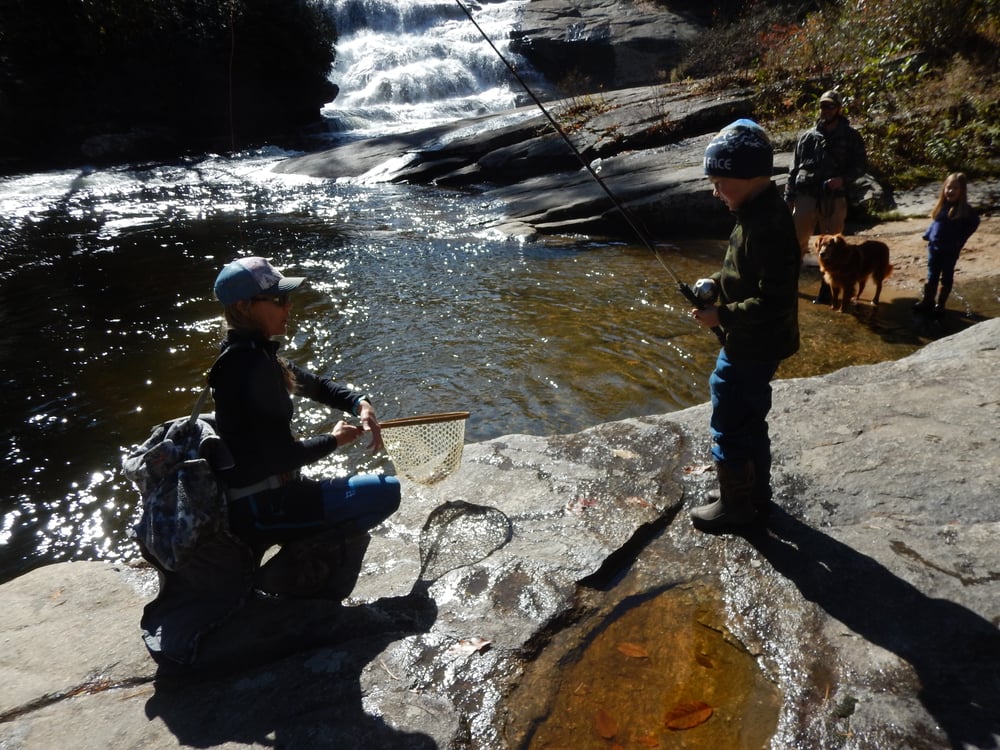Fish has always been considered a healthy food. However, new reports of mercury and other contaminants can make fish lovers question whether the fish they catch is safe to consume. Fisherman and Grandpa, Jim Mize, shares the latest research and information on the safest fish to catch and eat.
Health advisories make the news on a regular basis and on a wide range of foods. It can be confusing sorting through reports that often seem to conflict.
Fish consumption is no exception as most states regularly update advisories on eating fish. To sort through it all, it’s worth asking four basic questions.
Is fish consumption Still beneficial?

Overwhelmingly, various experts agree that fish should be part of a balanced diet. Both the Environmental Protection Agency (EPA) and the Food and Drug Administration (FDA) tout the benefits of eating fish.
On their joint website regarding fish consumption, they note: “Fish are part of a healthy eating pattern and provide protein, healthy omega-3 fats, more vitamin B-12 and vitamin-D than any other type of food, iron which is important for infants, young children and women who are pregnant or could become pregnant, and other minerals like selenium, zinc, and iodine.” They add that eating fish can also lower the risk of heart-related disease and obesity.
So with all these benefits, what is the issue?
The primary problem is that almost all fish have at least traces of mercury in their tissue. The amount can vary by type of fish and the impact of mercury is different for different people.
Mercury is a natural element that also gets released into the environment through many types of human activities, according to the EPA and FDA sources. This in turn is converted into methylmercury and this type of mercury is present in fish. On one EPA and FDA question and answer page, they note that “Nearly all fish contain at least a trace of methylmercury.”
Fish collect mercury from the foods they eat and it is stored in their tissue. For this reason, it is not eliminated based upon the method of cleaning or cooking the fish.
Also, not everyone is equally susceptible to health issues from mercury consumption.
Since mercury negatively affects the central nervous system, especially in brain development in a fetus, certain people are advised to eat fish lower in mercury. In particular, these advisories focus on women of child-bearing age, pregnant and breastfeeding women, as well as small children.
Which fish are lower in mercury?

As a general rule, fish that live longer and grow larger tend to collect more mercury in their tissue over the years.
This is especially true for fish that consume other fish. Essentially, eating lower on the fish food chain tends to be safer as it relates to mercury. For example, the rainbow trout pictured above, is considered low in mercury.
For example, Florida Fish and Wildlife advises not to eat any largemouth bass over sixteen inches.
As part of their online advisory, the EPA and FDA list best and worst choices for fish consumption as it relates to mercury.
Some common fish and shellfish on the Best List include: cod, crab, flounder, lobster, salmon, shrimp, and freshwater trout.
Some choices on the Worst List include King mackerel, marlin, orange roughy, shark and swordfish.
Most states monitor local waters by sampling and testing fish on a routine basis.
For example, Florida has been posting advisories since 1989. Although mercury is one of the most widespread contaminants, others such as pesticides or heavy metals may show up in local waters. As a result, consumption advisories may vary for each body of water.
Many of our fish in markets and restaurants are farm-raised, so you might wonder how these compare to wild fish. As it turns out, relative to mercury, they are about the same.
A study published in April, 2018 by the Kendall Reagan Nutrition Center at Colorado State University stated, “It is important to note that mercury can be found in both farm-raised and wild-caught seafood due to industrial pollution that finds its way into lakes, rivers, and oceans.”
The differences in farm-raised and wild-caught fish primarily relate to other potential contaminants. The Colorado State study also notes that international fish farms may be held to different inspection standards and could lead to higher levels of contamination.
Retail markets are required to identify the country of origin for wild and farm-raised fish.
So how do I minimize risk in fish consumption?

It pays to know the advisories on your local waters—fresh water or salt water. Some species may be a higher risk fish just in that location.
You can usually find local advisories with a Google-search using keywords such as your state, followed by “fish consumption advisories.”
Finally, if you fall into one of those higher risk groups, you can further reduce consumption risk by choosing fish that tend to be lower in mercury content.
For more information, check out the FDA site on fish consumption advisories: https://www.fda.gov/food/consumers/advice-about-eating-fish
References:
https://www.fda.gov/food/consumers/advice-about-eating-fish
https://chhs.source.colostate.edu/wild-caught-vs-farm-raised-seafood/
http://www.floridahealth.gov/programs-and-services/prevention/healthy-weight/nutrition/seafood-consumption/_documents/advisory-brochure.pdf
























